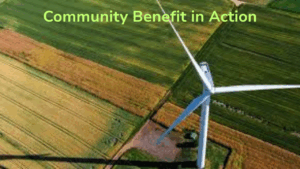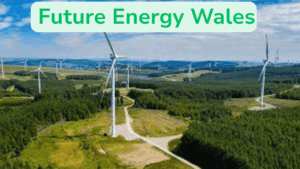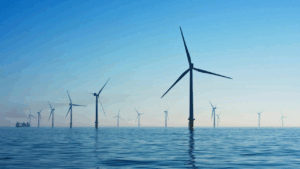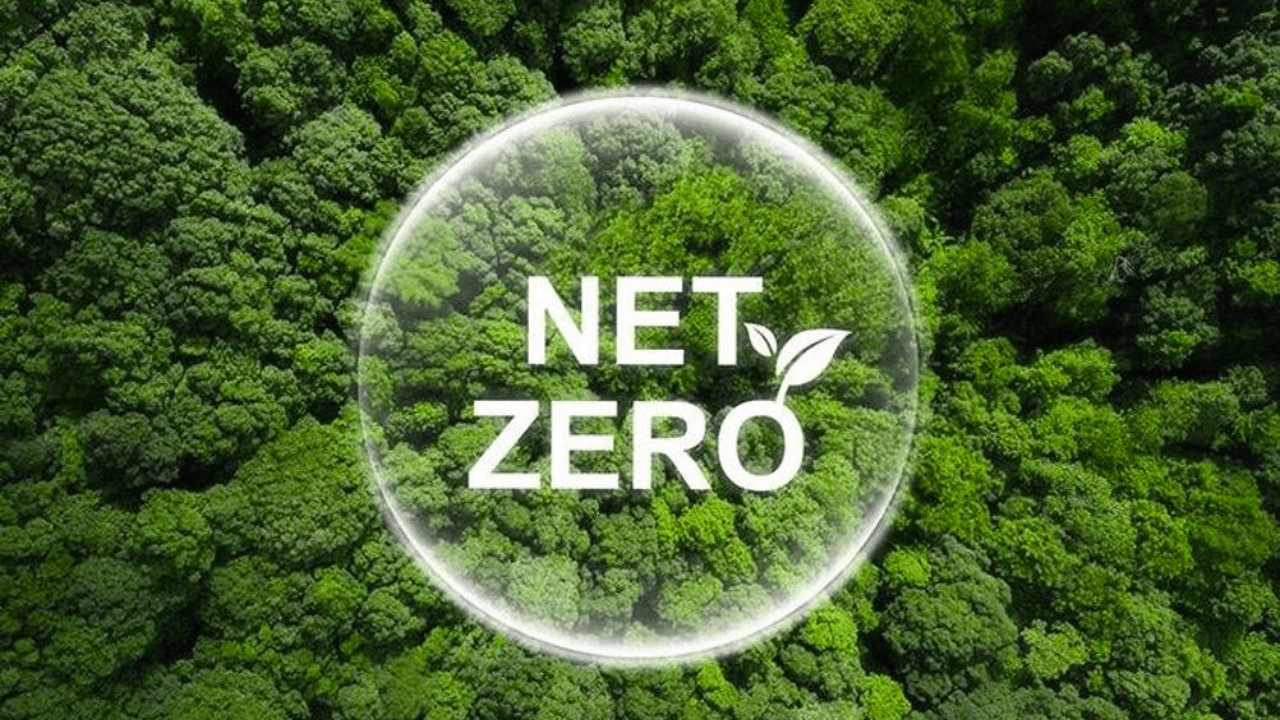In 2019, the UK became the first major economy to pass a law that commits to net-zero greenhouse gas emissions by 2050. Since then, the discussion has intensified about what the pledge is for businesses or governments, but for ordinary families.

The increasing need to quickly close the policy gap on net zero homes and embodied carbon is highlighted by the Whole Life Carbon Roadmap from the UK Green Building Council. The US delivers on its temporary target to cut 78% of emissions by 2035, which is an important milestone in the nation’s transition to Net Zero by 2050.
Julie Hirigoyen, Chief Executive at UKGBC, said:

“After all the talk, it’s time for action. The UK Government’s Heat and Buildings Strategy is a step in the right direction, but fails to address several key priorities that this analysis clearly demonstrates are non-negotiable to achieving a net-zero carbon built environment by 2050”.
To unlock the significant carbon savings, with homes responsible for 16% of the UK’s total carbon emissions, the Government must act immediately, as well as deliver high-quality and cheaper heat to homes for people.

The roadmap is the first quantification of the carbon reduction that is required every year from buildings and infrastructure if the UK is to be net zero by 2050. In the industry practices, a transformative shift is required, and so the action plans are provided for the 14 key stakeholder groups.
For many households in the UK, the net-zero sounds like a distant political slogan. However, in reality, the 2050 target will mould the day-to-day life, such as how we eat, how we heat our homes, what we eat, and even how we manage waste.

UK net zero 2050: Overview
| Article On | UK net zero 2050: what it really means for households |
| Country | United Kingdom |
| Department | Department for Energy Security and Net Zero (DESNZ) |
| Net zero | By 2050 |
| Category | News |
| Official Website | www.gov.uk |
A Government spokesperson stated it remained “absolutely committed to net zero, but with Russia weaponising energy across Europe, we must make sure we reach our target in a way that protects energy security and does not place undue burdens on businesses or consumers. We thank Chris Skidmore MP for his efforts in producing this rapid review and will publish it in the new year.”
UK Net Zero 2050: Impact on Daily Life
Listed below are how the households are impacted to reach net zero are-

Home Heating
- By the mid-2030s, the gas boilers will be phased out.
- Replacement: hydrogen boilers, district heating, or electric heat pumps.
- Better smart thermostats, double glazing, and insulation are required for homes.
Energy Use
- The growth of home batteries and solar panels.
- The real-time usage is tracked by the smart meters.
- More flexible tariffs: At off-peak times, the households may run washing machines or EV charging.
Transport
- By 2035, a ban on the sale of new petrol and diesel cars.
- Planning is required for long trips.
- The families will shift to car-sharing, better public transport, and electric vehicles (EVs).
Food
- Progress of sustainable farming and lab-grown proteins.
- A decrease in red meat consumption and a shift to plant-based diets.
- A key focus on the local produce and decreased food waste.
Waste & Recycling
- There are stricter rules and recycling bins.
- For high-emission products, there are possible charges.
- A push towards circular economy products, which involve reusing, upcycling, and repairing instead of buying a new one.
UK Net Zero 2050: Challenges for Households
The goal to be Net Zero by 2025 is ambitious, but there are many challenges that the families have to face. These are-
- Cost of Upgrades: The installation of solar panels, heat pumps, or EV chargers involves straight prices.
- Knowledge Gaps: About the net-zero loads, many people are still disorganized.
- Fairness concerns: Are the disproportionate costs borne by the low-income families?
- Behavioural changes: The habits might need adjustment, from diet shift to travel changes.
Nigel Topping, COP26 High Level Climate Action Champion, commented:
“As we start a critical decade for climate action, the United Kingdom can and should take a leadership role. This report epitomises leadership and establishes that the UK built environment has a comprehensive and rigorous plan for abating its emissions across the construction, operation, and demolition of buildings and infrastructure. I invite you all to use this Roadmap for delivering a net-zero future.”
SNAPSHOT Table: UK Net Zero 2050
| Area | What Changes | Impact on Households |
| Home Heating | Shift to heat pumps or low-carbon systems | Upfront prices (~£10–15k), lesser running prices, and grants may help |
| Transport | No new petrol/diesel cars from 2030, move to EVs | EVs are low-priced to run, prices are falling, need home charging access |
| Energy Bills | Cleaner energy, more electricity use, | Bills may fall long-term, particularly with effective homes |
| Lifestyle | Less meat, less flying, more efficiency | Small diet/travel changes, mostly voluntary but encouraged |
| Upgrades | Insulation, smart meters, and efficient appliances | Disruption during install, possible government support |
| Costs | Initial investments, long-term savings | Average household could save £100–£300/year by 2050 |
| Equity | Not all households are affected equally | Support needed for low-income or hard-to-adapt homes |
FAQs
Is net zero going to be expensive for low-income households?
This totally depends on the government’s support. It is expected to have loans, grants, and subsidies; however, the fairness is determined by the policy details.
Are the families forced to rip out the gas boilers immediately?
No, it does not need to be done immediately. Until the end of the lifespan, the current boilers can run. After the mid-2030s, the ban will affect the new installations.
Will the energy bills go up or down?
The energy bills go up initially. However, after some time, the efficiency and renewable energy should make the energy more stable and cheaper.
Is it required to buy an electric car immediately?
No, it is not required to buy the EV right now. In 2035, petrol/diesel sales will be banned. One can switch to EV gradually.
What can households do now to prepare?
Start small: insulate your home, cut food waste, and consider renewable tariffs. These steps save money and align with future changes.

